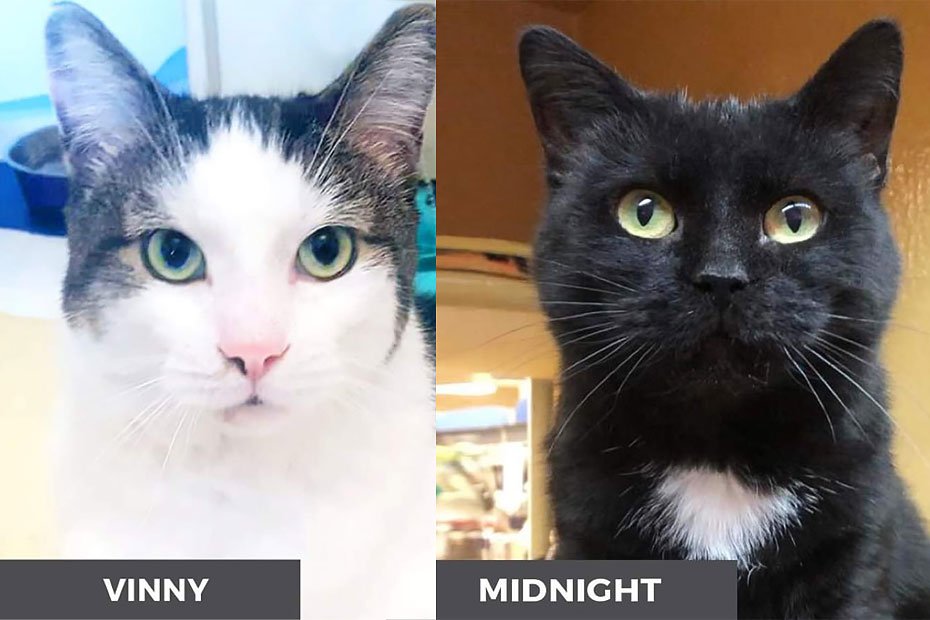From Cat Tales
Maybe The Most Important Thing to Know
An important part of adopting an FIV+ cat is understanding that these kitties are just as loveable and affectionate as non-infected kitties. They need to be loved and cherished in return, maybe even more than an FIV negative kitty since, as mentioned above, keeping them happy and stress-free is good for their health. These kitties didn’t ask to be put outside, unneutered and infected. It is because of irresponsible humans that they end up FIV+. Loving and caring for an FIV+ kitty that has been rescued is a great way to help make that up to them.
Hearing that a cat or kitten is FIV positive often results in immediate fear and rejection of the cat as a possible adoption candidate. You need to take a breath and learn the facts first.
What are the Facts?
- The virus infects only felines. There is currently no evidence that FIV can infect or cause disease in humans.
- FIV cats can have a normal lifespan.
- FIV cats can live with other cats, as long as they do not fight (no biting).
- There is no cure for FIV in cats, but there are treatment options that can help your FIV positive cat live a healthy life.
- FIV is a cat-only disease and cannot be spread to dogs or other animals.
From Best Friends Animal Society
What is FIV?
FIV stands for feline immunodeficiency virus. FIV typically causes a weakening of the cat’s immune system. It is the same class of virus as HIV (a lentivirus); however, only cats can get FIV. People and dogs cannot.
How do cats get the feline immunodeficiency virus?
The most common route of infection is a deep bite wound from an FIV-positive cat to another cat. It can also be transmitted via blood, in utero and from the milk of an infected mother cat. It is very rare for cats to get FIV just from being around infected cats, sharing food bowls, or from a person touching an FIV-positive cat and then touching an FIV-negative cat. Many FIV-positive cats and FIV-negative cats live together in the same home for years without spreading the virus to the non-infected cats.
Can FIV-negative and FIV-positive cats live together?
Yes, as long as the cats get along and do not fight. The risk of an FIV-positive cat spreading the virus to an FIV-negative cat can be minimized by putting both cats in separate rooms until you are confident that they will not fight with each other.
Can cats with the virus have a good and long life?
Yes, FIV-positive cats can live normal lives, both in quality and duration. They just need to be monitored for infections and dental issues.
From Cornell Feline Health Centre
Managing FIV in Cats
For a healthy cat diagnosed with FIV, the most important management goals are to reduce their risk of acquiring secondary infections and prevent the spread of FIV to other cats. Both of these goals are best met by keeping cats indoors and isolated from other cats. Spaying and neutering will eliminate the risk of spreading FIV to kittens or through mating and will reduce the tendency of cats to roam and fight if they do get outside. They should be fed nutritionally complete and balanced diets, and uncooked food, such as raw meat and eggs, and unpasteurized dairy products should be avoided to minimize the risk of food-borne bacterial and parasitic infections.
Wellness visits for FIV-infected cats should be scheduled at least every six months. The veterinarian will perform a detailed physical examination of all body systems with special attention to the health of the gums, eyes, skin, and lymph nodes. Weight will be measured accurately and recorded, because weight loss is often the first sign of deterioration. A complete blood count, serum biochemical analysis, and a urine analysis should be performed annually.
